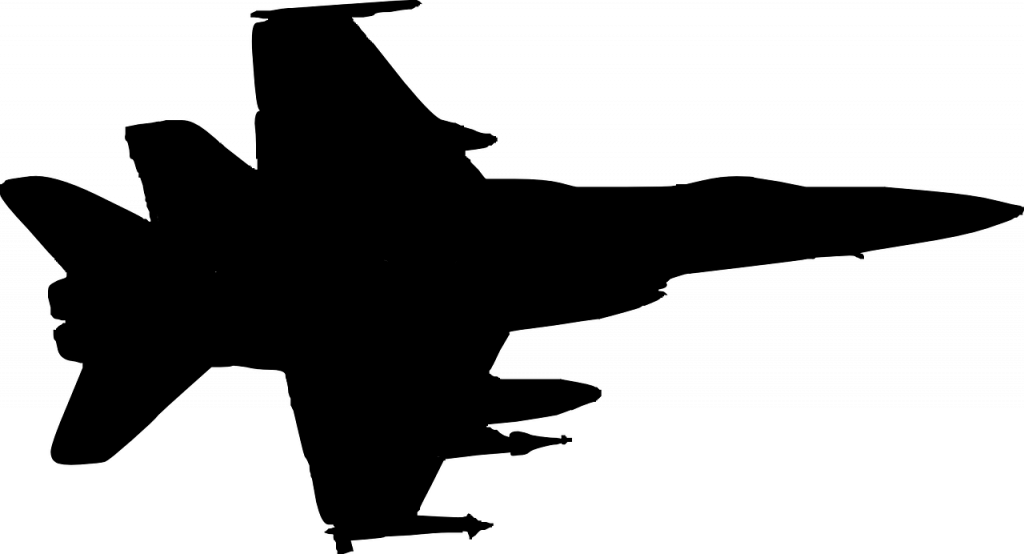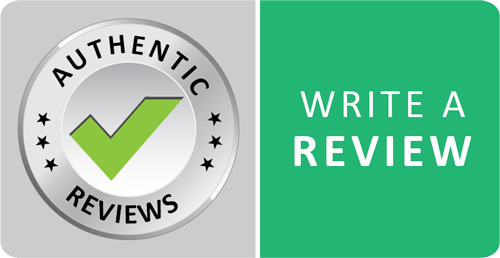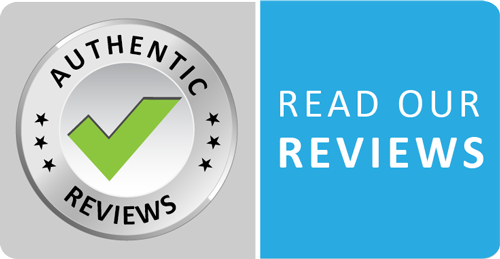There was once a man who was trying to make a movie. He worked grueling hours at menial jobs, lived in a cold-water apartment, and still couldn’t get his passion project off the ground. At one point, he was so destitute that he had to sell his beloved dog for $25 to eat. But fortune is fickle, and that man ended up becoming one of the most renowned names in modern cinema: Sylvester Stallone! (Spoiler: Yes, he got the dog back, and you can see him in the original Rocky .) This is one of my favorite celebrity success stories and a big reason why Sly remains one of my favorite actors and personal heroes.
Sadly, stories of so-called “starving artists” are commonplace.
So much so, in fact, that the United States Congress enacted an entire section of US Code to provide some parity between publishers and movie studios, with their deep pockets and battalions of attorneys, and artists who are often living hand to mouth with few resources and minimal, if any, bargaining power. The section is known as 17 USC Section 203 and is intended to give authors more control over their intellectual property and enhance their bargaining power over time, by allowing them to take back their copyright after a set period and renegotiate more advantageous terms.
In part, 17 USC Section 203 reads:
“In the case of any work other than a work made for hire, the exclusive or nonexclusive grant of a transfer or license of copyright or of any right under a copyright, executed by the author on or after January 1, 1978, otherwise than by will, is subject to termination…
“Upon the effective date of termination, all rights under this title that were covered by the terminated grants revert to the author, authors, and other persons owning termination interests…”
17 U.S.C.A.§ 203 (a) (2009).
17 USC Section 203 plays a showstopper role in the lawsuit recently filed by the family of Ehud Yonay, who wrote the original article upon which Top Gun was based.
In the lawsuit filed by renowned IP attorney Marc Toberoff on behalf of the Yonays, the Yonays allege that the copyright to the article “Top Guns,” which Paramount acquired shortly after its publication in a 1983 issue of now-defunct California magazine, should have reverted back to his family in 2020—meaning that under the “derivative works” clause in the code, Paramount should have paid them for the copyright license again before beginning, let alone releasing, Top Gun: Maverick. The family further alleges that they served Paramount with notice of intent to terminate the studio’s copyright license to the article under 17 USC Section 203 in 2018 to assure rights reversion in 2020, months prior to the beginning of the movie’s production, and that Paramount failed to pay them for the continuing rights to the article, without which Top Gun would arguably not have existed. The suit stipulates that the family of Yonay, who passed away in 2012, seek to have Top Gun: Maverick pulled from theaters, permanently prevent Paramount from creating or releasing any more Top Gun sequels, a share of the box office profits to date from the film, and unspecified other damages.
So far, this sounds pretty straightforward. But in IP law, things are rarely as cut and dried as they seem.
Yonay’s family will need to clear some steep hurdles in this case.
They must first convince a judge that Paramount acted outside the scope of the original agreement. They could argue that it’s no fault of theirs that Paramount waited almost until the end of the agreement’s initial run to produce Top Gun: Maverick , nor that the movie was not officially completed until May of 2021, almost a year after the agreement would and should have reverted. The Yonays also argue that without the seed article Yonay wrote, Top Gun would never have existed in the first place, let alone its sequel. However, this is a dangerous gambit because it has long been settled law that an idea is not copyrightable or patentable in itself —it must be presented in a way that is protected by US Copyright or other applicable laws. While the article itself would be covered, the logical leap to go from that article to a full-blown Hollywood motion picture may not.
However, Paramount has its own hurdles to get over in this case as well.
First, the studio must convince at least one, if not a gauntlet, of federal judges and justices that Paramount acted within its legal rights under federal copyright law and that the provisions of 17 USC Section 203 do not apply in this case.
Second, Paramount would have to prove that the movie was complete “enough” before the COVID-19 pandemic hit to warrant coverage under the original agreement with Yonay. The key aspect of their contention is that Top Gun: Maverick was “substantially finished” as of early 2020, before the agreement expired, which would entitle the Yonays to nothing beyond the original copyright transfer terms. However, this is a potentially fatal sticking point in their rebuttal because although principle “on the ground” shooting may have been over or close to it, comments from the actors and producers involved strongly indicate that like its theatrical debut, the aerial combat sequences which make up so much of the Top Gun storyline were repeatedly pushed back due to both pandemic and other considerations, leading to a final completion date of May 2021.
Third, the studio can argue that an idea isn’t a finished script, and since ideas aren’t copyrightable, they should not be liable for any damages nor obligated to compensate Yonay’s heirs for the article.
The argument here might run along the lines that under this tenet of law, Paramount had no legal obligation at all to Yonay or his family at any time but chose to acquire the copyright license to the original article as an act of generosity or benevolence.
I want to reinforce the point here, before I get into my predictions, that I’m not on the legal team representing the Yonays.
As I see it from my observer’s perspective, one of the big issues in the case come down to a question of timing.
Did the Yonays serve Paramount with the copyright termination notice in an appropriate and timely manner? Did Paramount knowingly decide to rush production of Top Gun: Maverick to shoehorn it into a tight timeframe and get it released under the wire to avoid any obligations the initial agreement required? Did Paramount have enough of the movie in the can before the original agreement ran out to make a viable case that the original agreement still applied, releasing them from further obligation or questions of infringement? The answers to these questions will ultimately decide the fate of the case.
No matter how this plays out, one thing seems certain: the dogfight in the courtroom may well rival the aerobatics on the screen, with aftershocks that will be felt throughout the IP domain for a very long time!
ABOUT JOHN RIZVI, ESQ.
John Rizvi is a Registered and Board Certified Patent Attorney, Adjunct Professor of Intellectual Property Law, best-selling author, and featured speaker on topics of interest to inventors and entrepreneurs (including TEDx).
His books include“Escaping the Gray” and “Think and Grow Rich for Inventors” and have won critical acclaim including an endorsement from Kevin Harrington, one of the original sharks on the hit TV show – Shark Tank, responsible for the successful launch of over 500 products resulting in more than $5 billion in sales worldwide. You can learn more about Professor Rizvi and his patent law practice at www.ThePatentProfessor.com
Follow John Rizvi on Social Media
YouTube: https://www.youtube.com/c/thepatentprofessor
Facebook: https://business.facebook.com/patentprofessor/
Twitter: https://twitter.com/ThePatentProf
Instagram: https://www.instagram.com/thepatentprofessor/




